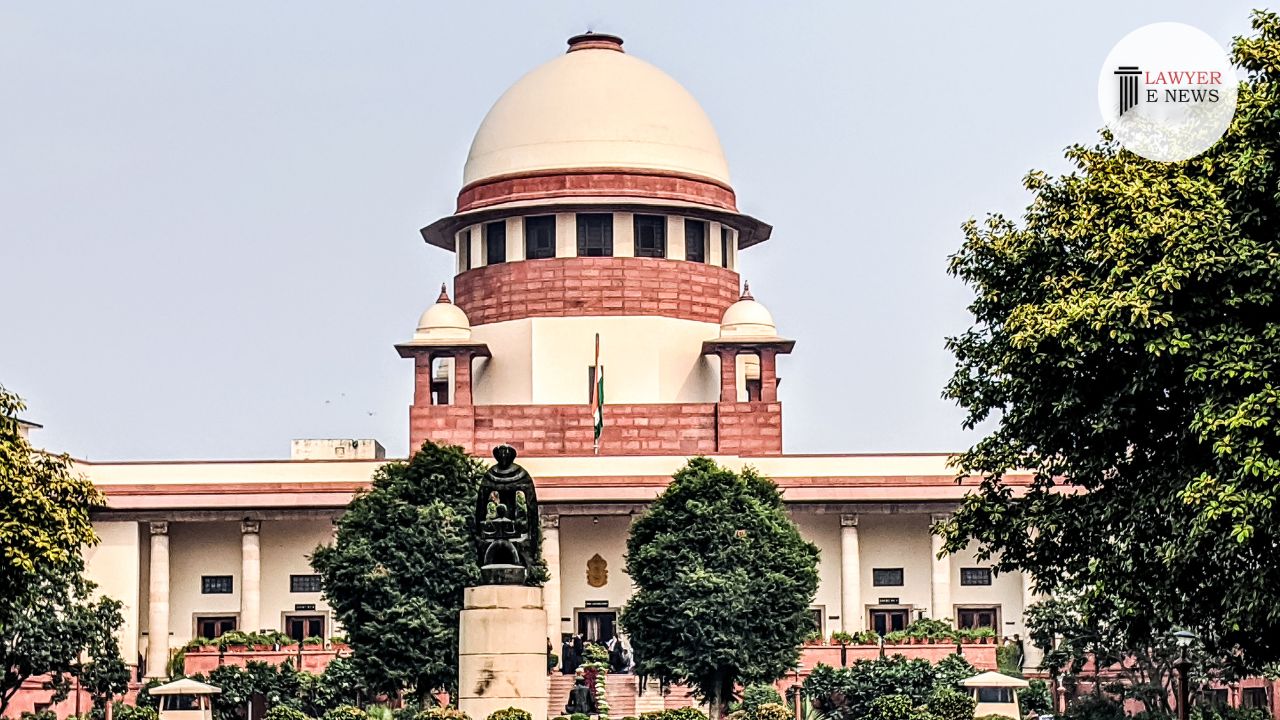-
by Admin
15 February 2026 5:35 AM



The Supreme Court, in its decision on Srinivas Raghavendrarao Desai (Dead) by LRs. versus V. Kumar Vamanrao @ Alok and Ors., has reinforced a vital tenet of civil procedural law. The bench, comprising Justices C.T. Ravikumar and Rajesh Bindal, clarified that allegations in a plaint must be specifically denied in the written statement; otherwise, they are assumed to be admitted by the defendant.
This principle was pivotal in the Court's analysis of a property dispute involving family members. The case revolved around the validity of partitions and the ownership of properties, particularly Regular Survey Nos. 106/2 and 44/4. The Court's statement, "every allegation of fact in the plaint, if not denied in the written statement shall be taken to be admitted by the defendant," played a crucial role in assessing the claims and counterclaims of the parties involved.
The Court scrutinized each party's pleadings, focusing on how allegations were addressed or ignored in the written statements. This approach influenced the adjudication of the case, as the Court gave significant weight to the facts that were not specifically denied, thus presumed admitted. The judgment also delved into the examination of the validity of the partition deeds of 1965 and 1984 and the subsequent sale of property.
The apex court allowed the appeals, setting aside the findings of the High Court. It held that the properties in question, Regular Survey Nos. 106/2 and 44/4, rightfully belonged to the appellants, and upheld the validity of the sale deed concerning Survey No. 106/2.
Date of Decision: 4th March 2024
Srinivas Raghavendrarao Desai (Dead) by LRs. versus V. Kumar Vamanrao @ Alok and Ors.,
